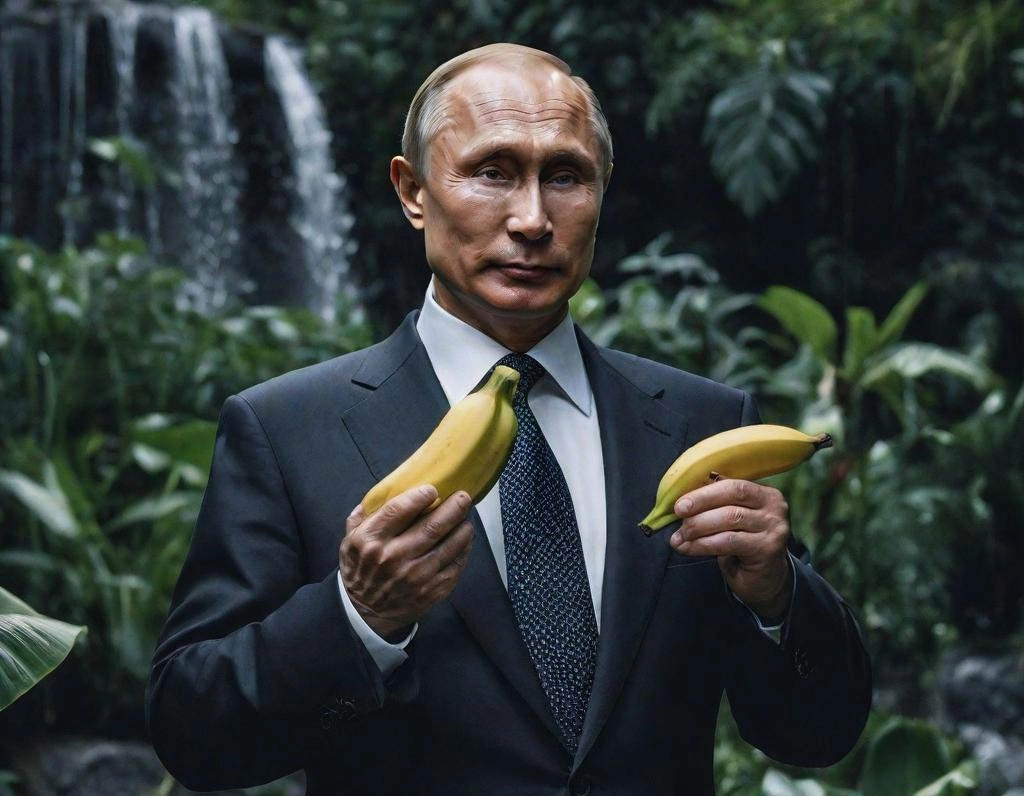Concerning violence
Russian state-affiliated propagandists are constantly repeating the same messages, echoing synchronized misinformation. For Portugal to be Russian is one of the latest reprehensible remarks. While the individual messages may seem absurd, the overarching goal is clear and remains largely overlooked by Western nations.
The Kremlin is carefully crafting an image of rational Russian leadership in stark contrast to the inflammatory rhetoric of its propagandists. This deceptive strategy normalizes the abnormal and minimizes the gravity of ongoing Russian atrocities in the world.
Portugal to be Russian? The new normal in Russia.
“But Lisbon has never been Russian”
“That’s a reason why it should be.”
“But why do we need Lisbon?”
“You don’t need it but I like it very much.”
“The Portuguese would live just fine as part of the Russian Empire.”
https://twitter.com/Gerashchenko_en/status/1729096485730467862
Any reasonable individual would hesitate to accept the commentators' statements at face value. After all, they regularly turn their own TV show into a spectacle.
However, the persistent airing of the "Evening with Vladimir Solovyov" show since 2012, broadcasted every working day, sheds light on the impact it has on society: It subtly reshapes the boundaries of acceptable discourse, promoting a toxic environment and contributing to the radicalization of society.
Funchal under threat?
The prospect of Funchal, Lisbon or any other Portuguese region ever becoming Russian seems improbable. Still, we should not concern ourselves with this particular question at the moment. It is crucial to delve into the blueprint that is shaping Russia's trajectory under Putin.
While Russia may not pose a direct military threat to NATO, it has adeptly exploited divisions within NATO member states through a combination of misinformation, political maneuvering, and economic influence.
The disinformation disseminated during the "Evening with Vladimir Solovyov" is specifically tailored for the Russian audience. It is straightforward, unambiguous, and forms a crucial component of a broader strategy embedded in a successful Russian playbook.
Divide and Rule
Russia's strategy towards posing a threat to Portugal involves exploiting divisions within Western unity. By aligning with influential figures like Viktor Orban and potential future leaders such as Marine Le Pen or Geert Wilders, Russia has skillfully spread its influence in the European Union. These key players are less likely to oppose Russian interests, providing a clear strategic advantage.
Sustaining this speed, combined with a thriving weapons sector that upgrades old weapons and creates cutting-edge military tech for the Russian armed forces, raises worries. There's a real concern about the chance of a military attack on a NATO country neighboring Russia.
Putin's skill in using threats against NATO members is a problem. If he manages to weaken the dedication of just a few NATO countries, it could really hurt the alliance, putting its survival in danger. This is a big and immediate threat to the alliance's existence.
In the advent of Donald Trump Jr.'s reelection in 2024, governments throughout Europe are sounding alarms. A potential U.S. withdrawal from NATO commitments — a realistic scenario, not an unlikely one — would provide myriad opportunities for Putin to escalate further aggressions.
The Kremlins playbook seeks to dismantle the liberal order, with the unfortunate consequence of fostering a failed state led by Russian criminal mobsters.
As for now, Putin's playbook is successful.






Comments